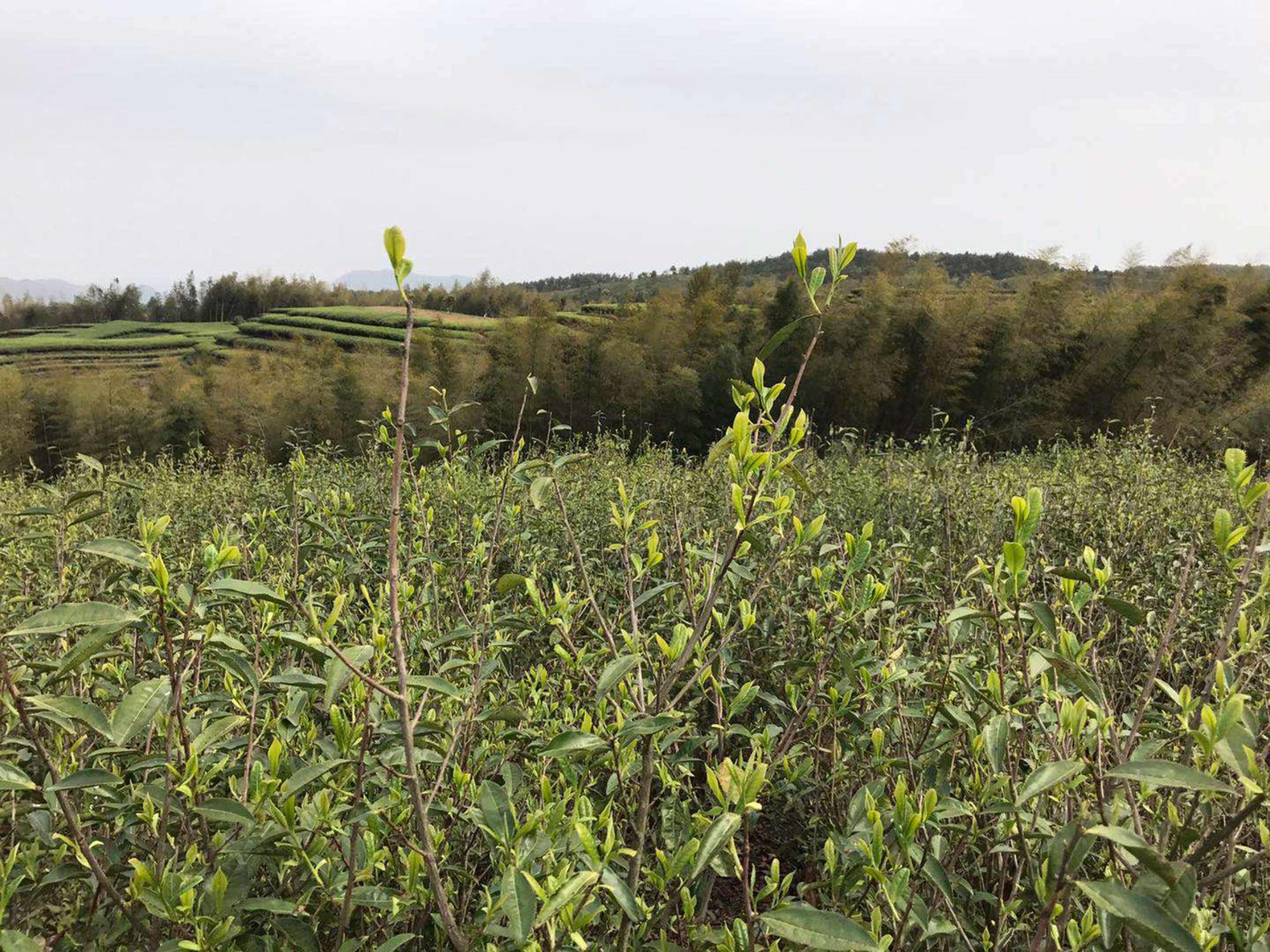

Originally shared in our Tasting Journal Newsletter
This article is excerpted from our Daily Deal Newsletter.
Sign up and be the first to know about special discounts and see list-exclusive small-release tasting journals, and we'll send you a special coupon for free tea!


I love the Wu Family’s white tea.
We’ve spent the good part of a decade looking for family's in Fuding to partner with on stunning white teas, and when I first met Mr. Wu, I knew that this was the start of something special. Still in his mid-thirties, the soft-spoken Mr. Wu is very quiet and deeply contemplative until you get him talking about his craft. Then he suddenly lights up with passion.
His family has been growing white tea for as many generations as they’ve been counting. Mr. Wu actually went to school to study engineering, but when the demand for wild arbor high elevation Fuding white tea shot up in the last decade, Mr. Wu came back home to help his family who were overwhelmed with this sudden demand. Yet, he didn't give up his work in engineering - he’s been able to apply it to his tea in a pioneering way.
He has talked to me about his philosophy of white tea - that at essence, it is about preserving the nature of a bud or leaf picked straight off the plant without anything extraneous getting in the way. To him, craft needs to be deliberately and meticulously non-interventionist. That means his job is to make sure that nothing he does to the leaves shifts them in a different direction than the experience of tasting a tender bud picked right off the plant in the field.
He achieves this by eliminating added heat from the finishing process.


Most of the tea industry in Fuding relies on either greenhouse heat or actual applied heat to dry their tea quickly enough to stop it from oxidizing. On a perfect day, this effect can come from propping bamboo baskets at an angle and hoping for just the right light breeze and cool, temperate, but dry weather.
Mr. Wu wanted to use engineering to recreate this perfect day consistently, because a perfect day for drying doesn’t necessarily line up with perfect days for picking (early spring can be wet, misty and cool with unreliable sun).


Mr. Wu built an elevated rack for his tea in a special room with skylights that can be precisely controlled to keep out hot sunlight when needed, and a special fan system with blades he fabricated himself to improve on the kind of breeze you’d get outside.
These fans create air circulation that directs humidity to vents to be vented out the roof and replenished with drier air.
The result is tea that can be finished precisely and quickly to lock in the flavor of the plant itself without any heat process getting in the way. This means sweeter, richer tea without either oxidized notes or overly vegetal notes.




Since we are celebrating this unique process of “locking in” the natural quality of a leaf and striving for non-intervention, I want to draw your attention to another region exploring similar techniques for a totally different result: Qianjiazhai
Almost all sheng pu’er is wok-fired to bring the moisture levels down quickly. This firing introduces a vegetal quality, a smokiness and often an astringency to sheng pu’er that can take years to age out.
Why is it done? When producing at scale, this is the only way that a workshop can ensure consistency. Luckily, the Dongsa cooperative in Qianjiazhai is not trying to mass-produce their tea.
I was mentioning that “perfect weather” that is the inspiration for Mr. Wu’s finishing process. In Fuding this weather doesn’t always line up with tea picking season, but in Qianjiazhai, high in the mountains of Yunnan, those perfect conditions very-often come together.
The Dongsa cooperative picks in the early morning and brings bamboo baskets of tea back to their tiny mountain workshop and puts the baskets on wooden frames to allow circulation from above and below. The strong Yunnan sun comes through in the afternoon, while the air stays cool.
This allows their tea to dry in its natural environment, absorbing more fresh mountain air aromas and locking in the wild Qianjiazhai terroir without ever needing to apply heat. This gives their sheng pu’er mind-blowing complexity without the smoky bitter astringency of factory-made pu’er. It is as delicious a day after finishing as it is a decade later.








While these two styles come from totally different traditions, the underlying philosophy of non-intervention is the same. As aging white tea becomes more popular, it is becoming even clearer how much more complex white tea can become as it ages when heat is not applied.
Since heat acts to ‘fix’ a tea and halt oxidation processes, it has a dramatic effect on the way teas can age. Qianjiazhai sheng pu’er, Sun Dried Black tea, and the Wu Family’s white tea all offer an opportunity to taste tea that captures a true sense of place with notable aging potential to bring out even deeper hidden notes.


 How To
How To Myths & Legends
Myths & Legends Travelogue
Travelogue Tasting Journal
Tasting Journal Talking Shop
Talking Shop Tea 101
Tea 101 Watch
Watch Teaware
Teaware News
News


Leave a Reply